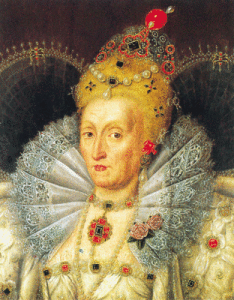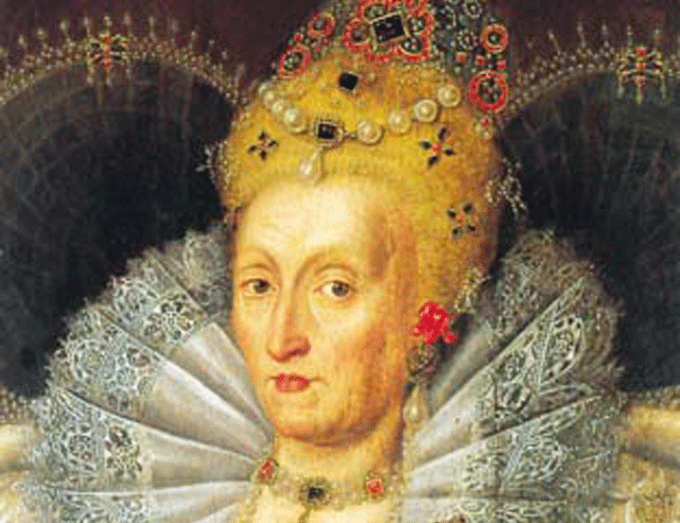This week has been a mournful one throughout history, with the passing of both the Virgin Queen and Britain’s first prime minister
Each week BRITAIN magazine will bring you a round-up of the significant historical dates in the week ahead; this week we look back at the death of Queen Elizabeth I and the ascension to the throne of Henry V.

18 March
In 2014, 18 March marks the 700-year anniversary of the burning of Jacques de Molay, the last Grand Master of the Knights Templar. Historian and author, Dr Dominic Selwood, is now calling for a National De Molay Day to remember all of the armed forces, in memory of the discarded soldier.
In 1496 Mary Tudor, daughter of King Henry VII of England (and younger sister of Henry VIII) was born.
Robert Walpole, the first British premier, died on this day in 1745.
19 March
On this day in 1813 the explorer David Livingstone from Scotland was born. He explored Africa and was a well known abolitionist of the Slave Trade.
20 March
On 20 March 1616 Sir Walter Raleigh was released from Tower of London to embark on a mission to find the fabled city of El Dorado.
King Henry IV of England died on this day in 1413 and the following day his son Henry V ascends to the throne.
23 March
In 1657 France and England formed an alliance against Spain as part of the Anglo-Saxon War and Dunkirk and Mardyck were ceded to England.
24 March
In 1603 Queen Elizabeth I, the ‘Virgin Queen’ died and Scottish King James VI became King James I of England.
Related articlesBritain: this week in history 3-9 March |
Click here to subscribe! |






 © 2024
© 2024